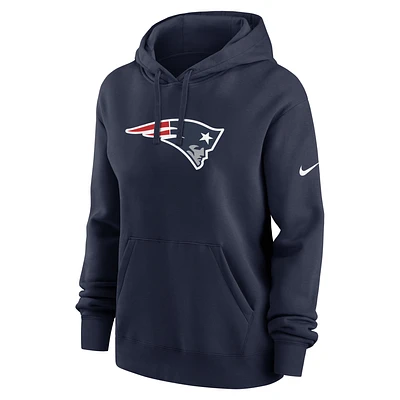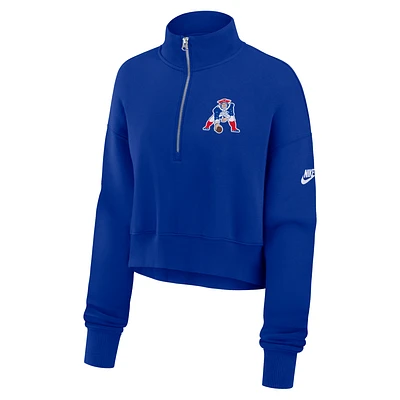Home
Captain Ahab Had a Wife: New England Women and the Whalefishery, 1720-1870 / Edition 1
Barnes and Noble
Captain Ahab Had a Wife: New England Women and the Whalefishery, 1720-1870 / Edition 1
Current price: $37.50


Barnes and Noble
Captain Ahab Had a Wife: New England Women and the Whalefishery, 1720-1870 / Edition 1
Current price: $37.50
Size: OS
Loading Inventory...
*Product information may vary - to confirm product availability, pricing, shipping and return information please contact Barnes and Noble
During the eighteenth and nineteenth centuries, the whaling industry in New England sent hundreds of ships and thousands of men to distant seas on voyages lasting up to five years. In
Captain Ahab Had a Wife
, Lisa Norling taps a rich vein of sourcesincluding women's and men's letters and diaries, shipowners' records, Quaker meeting minutes and other church records, newspapers and magazines, censuses, and city directoriesto reconstruct the lives of the "Cape Horn widows" left behind onshore.Norling begins with the emergence of colonial whalefishery on the island of Nantucket and then follows the industry to mainland New Bedford in the nineteenth century, tracking the parallel shift from a patriarchal world to a more ambiguous Victorian culture of domesticity. Through the sea-wives' compelling and often poignant stories, Norling exposes the painful discrepancies between gender ideals and the reality of maritime life and documents the power of gender to shape both economic development and individual experience.
Captain Ahab Had a Wife
, Lisa Norling taps a rich vein of sourcesincluding women's and men's letters and diaries, shipowners' records, Quaker meeting minutes and other church records, newspapers and magazines, censuses, and city directoriesto reconstruct the lives of the "Cape Horn widows" left behind onshore.Norling begins with the emergence of colonial whalefishery on the island of Nantucket and then follows the industry to mainland New Bedford in the nineteenth century, tracking the parallel shift from a patriarchal world to a more ambiguous Victorian culture of domesticity. Through the sea-wives' compelling and often poignant stories, Norling exposes the painful discrepancies between gender ideals and the reality of maritime life and documents the power of gender to shape both economic development and individual experience.

















